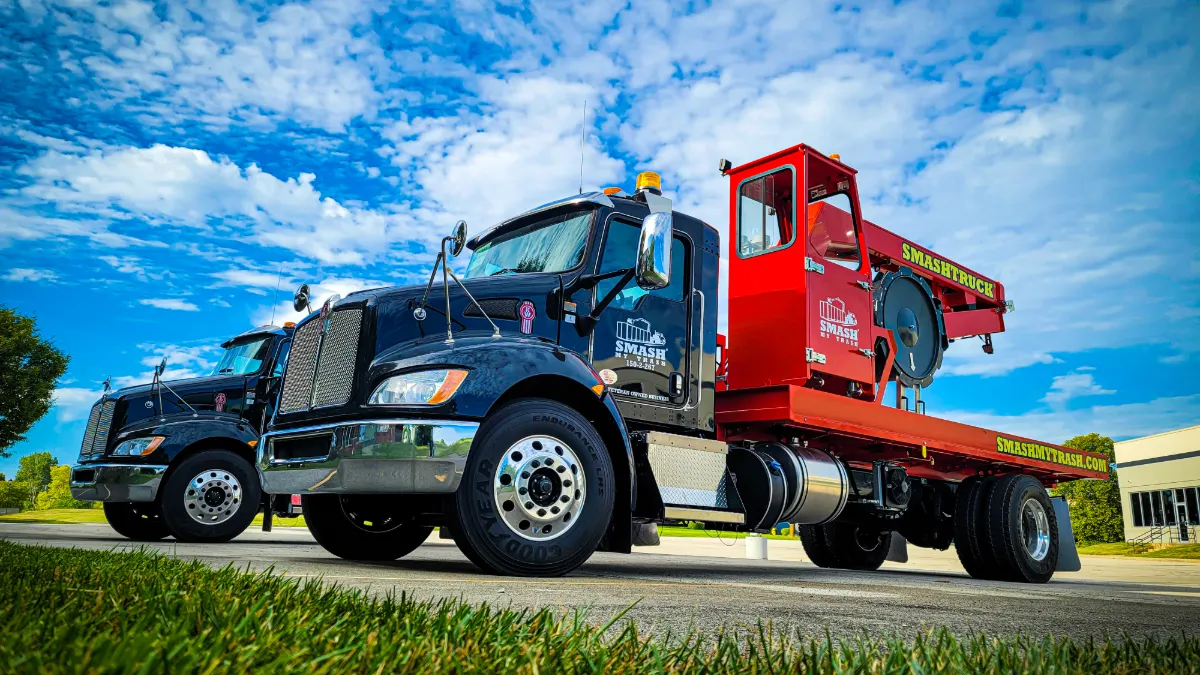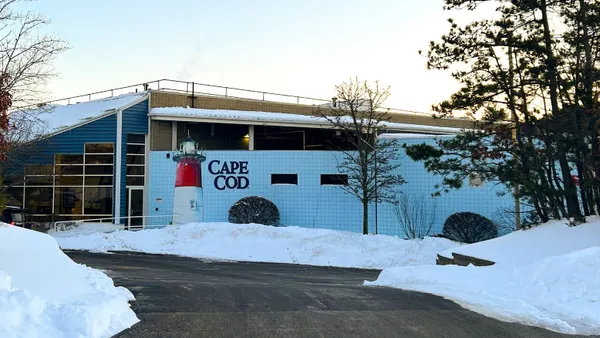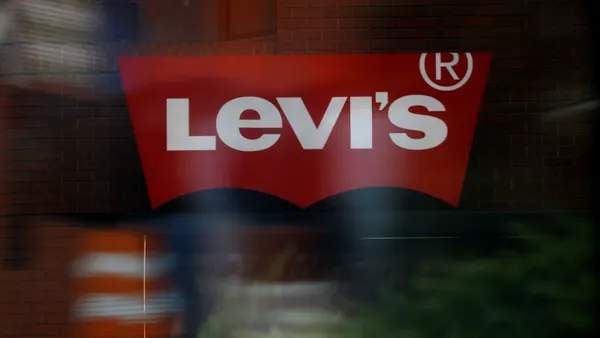From supply chain disruptions and decreased customer demand, to worker shortages and even new tariff concerns, companies are looking for proactive answers to help navigate an increasingly questionable economic climate. As decision-makers comb through operations to find ways to save money, reimagining how to manage waste to cut costs makes more sense than ever.
The Overlooked Power of Your Waste Stream
Commercial waste doesn’t have to be a necessary evil - an inflexible, uncontrollable cost of doing business. Far too often, companies assume their only option is to throw away trash in open-top roll-off dumpsters and let their hauler do the rest. Instead of treating it as an afterthought, thinking of your waste as a data point can help your team discover ways to enhance it.
Effective Waste Strategies
Did you know there is valuable data inside your open-top dumpsters? Regardless of external economic pressures, smart companies benefit from regular strategies to improve their waste streams.
- Waste audits: Learn what goes into your open-top dumpsters, how frequently those containers are hauled and what the total costs are to your company.
- Rightsize your dumpsters: Work with your waste partner to tailor dumpster refuse and recycling services to match your company’s specific needs and volume of business. This helps you pay only for the services you need, when you need them, while optimizing efficiency.
- Train employees: Best practices such as segmenting waste, compliance and site safety should be part of regular employee training.
- Consider compaction: Companies that generate regular, high-volume waste should consider compaction. Stationary compaction and mobile compaction are two popular options, with mobile compaction generally being simpler and more convenient to deploy.
Make Your Dumpsters Do More
Waste is part of the supply chain, not the end of it! Mobile compaction optimizes that waste and improves operational efficiency at one of the most critical links in the chain. Benefits of mobile waste compaction include:
- Reduced hauling frequency: Often, open-top dumpsters are hauled away before they are even close to capacity. By reducing the volume of waste inside, companies get more space and longer use-time between hauls.
- Lower costs: Fewer dumpster hauls mean lower costs. Many companies see a net savings of 15-20% on their total waste spend after adding mobile waste compaction to their operation.
- Improved efficiency: Too often, employees are rerouted from their primary roles to tackle the trash in dumpsters. Back ups, overflows, messy lots - the list of chores goes on. This increases disruptions, not to mention the added safety risks. Mobile compaction quickly and safely does all of this work, so teams can focus on their core duties instead of the waste.
Is Waste Compaction Right for You?
Nearly every business that relies on open-top, roll-off style dumpsters can benefit from waste compaction. Stationary compactors are cumbersome, complex machines that demand on-the-job training and heavy energy supplies; and, they still need to be hauled away. Mobile waste compaction is quick, safe and requires no additional equipment and no employees. Both options help reduce costs, improve efficiency and benefit your bottom line.
It’s time to recognize waste as a crucial link in your company’s supply chain. Learn how compaction can help your team weather any economic climate.











